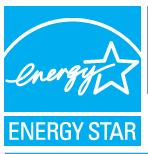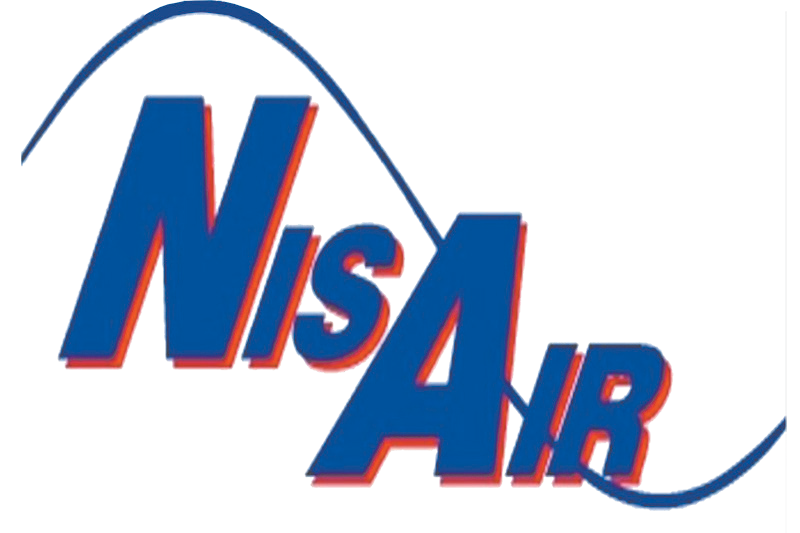Energy Star-Qualified Air Conditioners Offer Exceptional Value
Energy efficiency should be a top concern when buying a new air conditioning system. High-efficiency cooling systems not only cool effectively at an economical cost; they also benefit the environment because of their lower energy usage and better performance. When you want a new air conditioner that has been reliably tested and certified to be energy efficient, look for the Energy Star label.
The Energy Star program is a joint effort between the U.S. Department of Energy and the Environmental Protection Agency. This information and advocacy program supports energy conservation, provides useful information on how to save money on energy expenses, and advocates for the environmental benefits of energy conservation and intelligent energy practices.
A significant mission of the program is the testing and certification of energy-consuming devices and appliances. The program tests consumer electronics, large appliances, household products and HVAC equipment. If the item meets the program’s criteria, it is granted Energy Star certification and is allowed to display the program logo in relation to the equipment, including on EnergyGuide labels and other product literature.
On average, Energy Star-certified equipment will use about a third less energy than similar devices that have not been certified. Greenhouse gas emissions from Energy Star devices will also be lower by about a third.
When choosing an air conditioner, you can expect that Energy Star-certified models will operate about 14 percent more efficiently than non-certified units. Their seasonal energy efficiency ratio (SEER) and energy efficiency ratio (EER) will be higher than standard units. Energy Star-certified air conditioners must have a SEER of at least 14; units with higher SEER numbers than that are even more efficient. High-efficiency air conditioners may cost more initially, but the regular savings they provide on your energy bills eventually will compensate for the initial expense.
NisAir Air Conditioning and Heating has been serving homeowners in Martin, Palm Beach, St. Lucie and Indian River counties for almost 40 years. Contact us today for more information on the Energy Star program and for help finding the Energy Star certified equipment that will give you the greatest return on your investment.

